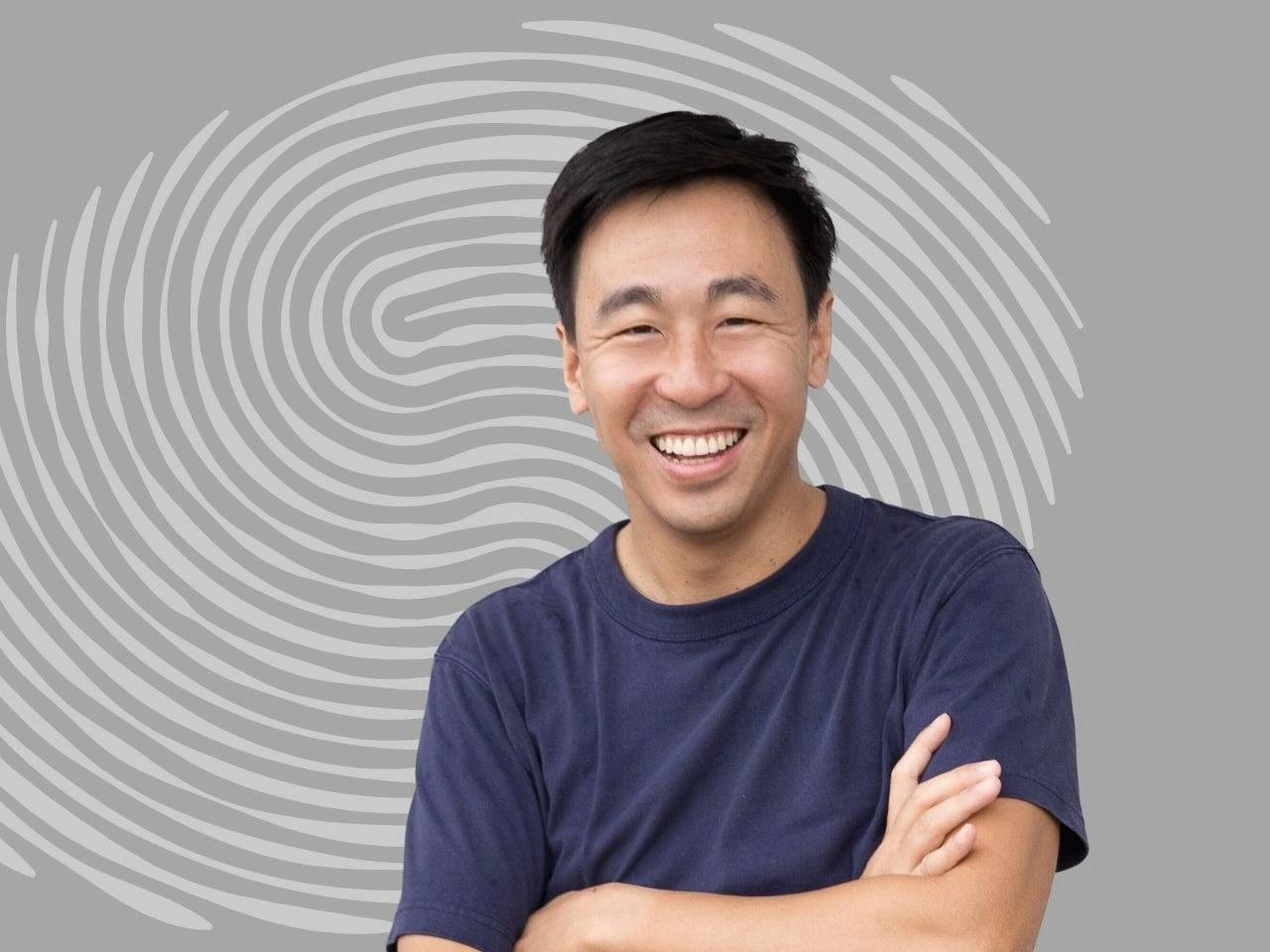订阅 wiki
Share wiki
Bookmark
Gary Liu
0%
Gary Liu
Gary Liu 是一位媒体和技术高管,职业生涯涵盖运营、产品战略以及在 Google、Spotify、Digg 和南华早报等公司担任的执行领导职务。他是 Terminal 3 的联合创始人兼首席执行官,这是一个专注于数据隐私和身份的 Web3 平台。 [4]
教育
Liu 毕业于哈佛大学,获得经济学学士学位。 [6]
职业生涯
Liu 于 2006 年在 Cru 开始了他的职业生涯,在那里他从事运营工作并为波士顿的音乐学生提供支持。2007 年,他加入 Google 担任高级运营助理和内部销售分析师,在那里他开发了报告系统并协助启动了一个呼叫中心。从 2009 年到 2011 年,他担任 Clickable 的业务运营高级总监,负责监督销售效率、报告、分析和合作伙伴关系。2011 年,他加入 AOL 担任本地部门的销售运营和战略总监,在那里他管理着一个由 60 多人组成的团队,负责销售运营、客户支持、营销、培训和分析。
Liu 于 2011 年加入 Spotify,担任广告产品战略全球总监,领导广告产品的开发和国际扩展。后来,他成为实验室负责人,专注于新平台、新技术和合作伙伴关系,同时还为收购做出贡献。2015 年,他加入 Digg 担任首席运营官,同年晚些时候成为首席执行官,他一直担任该职位到 2016 年。2017 年,他移居香港,担任南华早报的首席执行官,一直担任该职位到 2022 年。
2021 年,Liu 创立了 Artifact Labs,这是一家基于 区块链 的公司,他一直担任首席执行官到 2023 年,然后担任董事会董事到 2025 年。2023 年,他与人共同创立了 Terminal 3,这是一个 Web3 数据隐私和身份平台,他担任首席执行官。同年,他成为 Web3 Harbour 的创始主席,这是一个位于香港的非营利性协会,专注于 Web3 领域。自 2019 年以来,Liu 还被世界经济论坛评为全球青年领袖。 [7]
访谈
多链未来
在 2024 年 12 月的 Smart Contact 播客中,Gary Liu 和 Lily Liu 讨论了 区块链 技术的未来以及 Solana 在其中的作用,分享了他们对生态系统演变的经验和不同观点。他们回顾了 Solana 面临的挑战,尤其是在 FTX 崩溃期间。他们强调了构建多元化基础设施以减轻依赖单一提供商的风险的重要性。讨论还强调了亚太地区在促进 区块链 发展中的关键作用,重点关注该地区独特的经济格局如何从开放金融解决方案中受益。Lily 表示,她认为多链未来是不可避免的,尽管它可能以少数几个占主导地位的链条为特征,而不是竞争激烈的众多链条。他们总结说,实现去中心化、开放金融系统的道路不仅需要技术进步,还需要在如何看待和利用资产和资金方面的文化转变,尤其是在货币碎片化的地区。 [1]
加密货币交易所
在 2025 年 5 月的 Smart Contact 播客中,Michael Lau 和 Liu 探讨了鉴于 Binance 和 Coinbase 等少数主要平台的统治地位,是否存在过多的 加密货币 交易所。Lau 分享了他从不断发展的 加密货币 领域获得的见解,他指出,当他们在 2020 年初开始开发他们的交易所 Bullish 时,市场主要以零售为导向,估计 99% 的交易由个人投资者进行。随着市场的成熟,机构交易的比例增加到 20-30% 左右。Lau 解决了 加密货币 交易中信任和规模的挑战,强调许多现有交易所不符合大型机构参与者所需的标准。他详细阐述了 Bullish 的独特方法,其中包括一个整合传统金融原则和监管合规性的双重流动性提供系统。对话还涉及 去中心化金融 (DeFi) 和 中心化交易所 的配对、加密货币 法规的持续演变以及 Bullish 对 CoinDesk 的收购,旨在保持编辑独立性,同时扩大其在 加密货币 生态系统中的作用。 [2]
数字资产
在 2024 年 12 月的 Smart Contact 播客的一集中,Liu 和 Signum Bank 的联合创始人兼首席执行官 Mathias Imbach 讨论了受监管市场中数字资产的发展。Imbach 回顾了 2017 年 Signum 的成立,并指出了在首次代币发行热潮之后创建受监管平台的动机。他谈到了监管框架的作用,尤其是在瑞士,Signum 在那里成为第一家获得许可的数字资产银行。他谈到了法规带来的挑战和机遇。Liu 和 Imbach 还考察了自 2017 年以来该行业的更广泛轨迹,包括 加密货币 冬季的影响以及从 2022 年和 2023 年的丑闻中吸取的教训。Imbach 强调传统金融需要采用 区块链 技术来提高效率和信任,同时强调在重建信誉和确保 区块链 在现实世界应用中的实际价值方面,谦逊和长期视角的重要性。 [3]
发现错误了吗?
